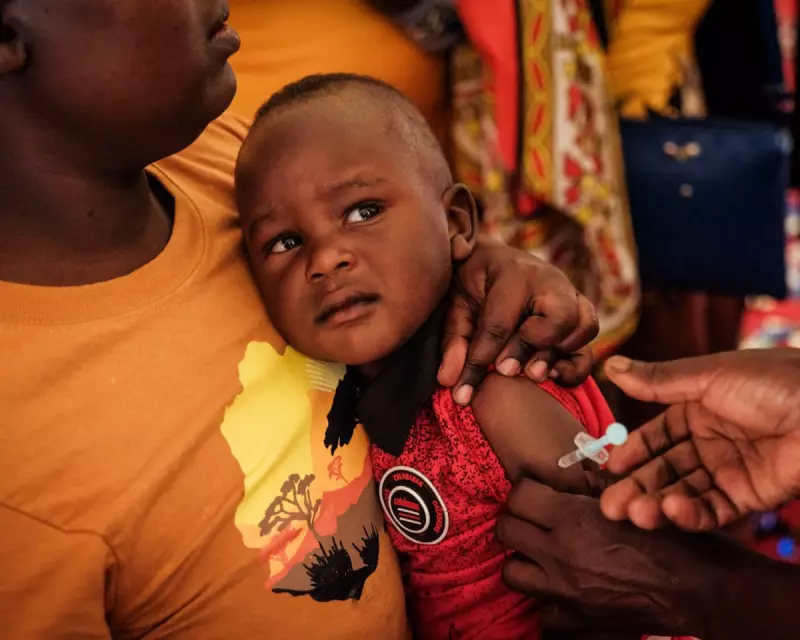
The World Health Organisation faces its most severe financial crisis in decades after the United States confirmed it will withdraw crucial funding from the global health body. This dramatic funding cut has forced the WHO to implement immediate cost-cutting measures, including significant staff reductions and programme suspensions.
Immediate Consequences of US Funding Withdrawal
In an internal memo circulated to staff on Wednesday, WHO Director-General Tedros Adhanom Ghebreyesus revealed the organisation's urgent response to the financial shortfall. The WHO will eliminate approximately 140 positions globally, representing nearly 5% of its headquarters workforce. This restructuring comes as direct consequence of the United States decision to pull its substantial financial contribution.
The funding crisis stems from the Trump administration's previous withdrawal from the WHO in 2020, followed by President Biden's temporary restoration of funds. However, the recent congressional decision to make this withdrawal permanent has created a financial gap exceeding $150 million for the current year alone. This represents one of the most significant single funding withdrawals in the organisation's history.
Programme Cuts and Global Health Impact
Beyond staff reductions, the WHO must make difficult choices about which health programmes to maintain. Director-General Tedros acknowledged that virtually all technical programmes would face some level of reduction, though he pledged to protect emergency response capabilities where possible.
The cuts come at a particularly challenging time for global health security. The WHO continues to coordinate responses to multiple health crises worldwide while maintaining surveillance systems for potential pandemic threats. Critical areas like disease surveillance, immunisation programmes, and health emergency preparedness all face potential scaling back due to the financial constraints.
Internal documents reveal that senior management explored numerous alternatives before settling on staff reductions. These included voluntary separation packages, hiring freezes, and reductions in non-staff expenses. However, the scale of the funding gap made significant job losses unavoidable.
Broader Implications for Global Health Governance
This development raises serious questions about the sustainability of the current global health funding model. The United States has historically been the WHO's largest donor, contributing approximately 15% of its total budget. The permanent withdrawal of these funds creates not just an immediate financial crisis but a structural challenge for international health cooperation.
Public health experts have expressed concern that reduced WHO capacity could hamper early detection and response to emerging health threats. The organisation plays a crucial role as the world's frontline defence against pandemics, coordinating international efforts and providing technical expertise to lower-income countries.
As the WHO begins implementing these difficult measures, the global health community watches closely to see how other nations might respond. Some European countries and private foundations have indicated they may increase contributions, but it remains uncertain whether this can fully compensate for the substantial American withdrawal.
The coming months will prove critical for the World Health Organisation as it navigates this unprecedented financial challenge while maintaining its essential global health protection functions.






